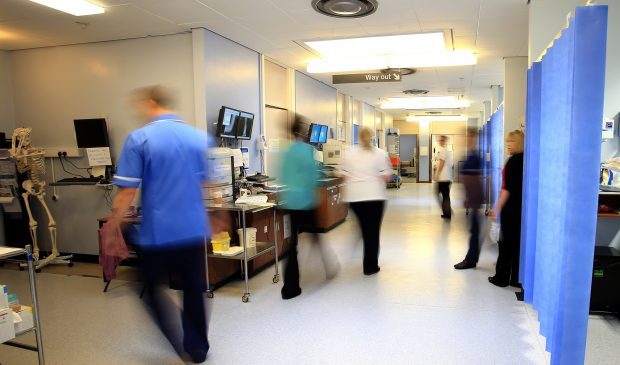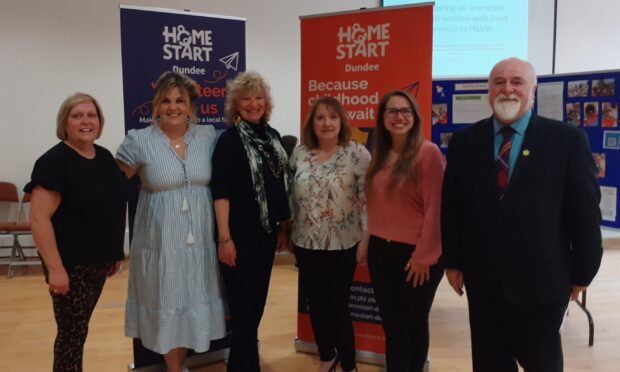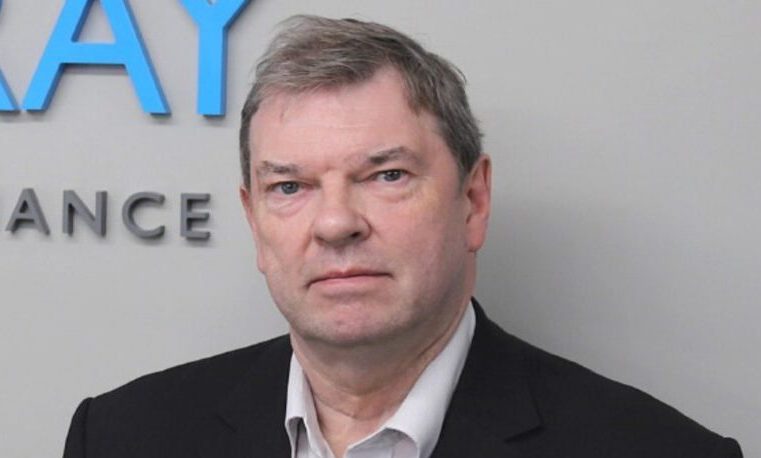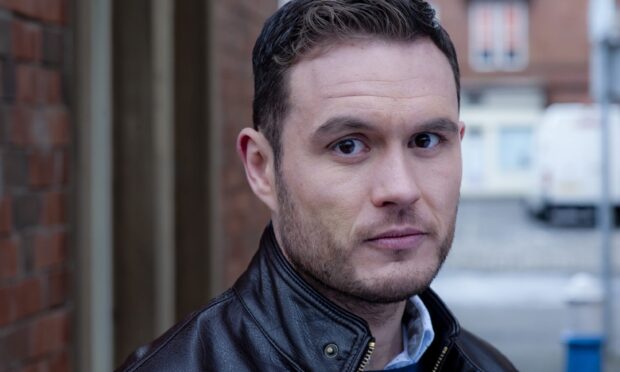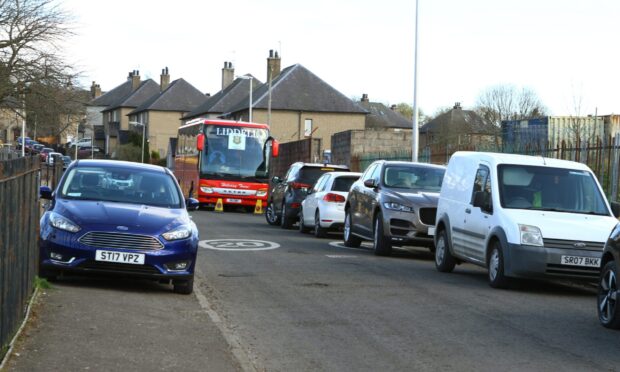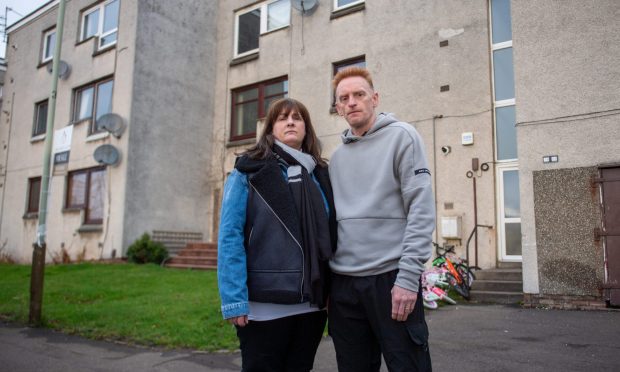Senior doctors in Tayside have accused health bosses of “throwing us under the bus” over their response to a review into breast cancer patients being given lower than standard chemotherapy doses.
The Scottish Government has refused to turn over a risk assessment report until the end of this month. It was carried out as part of a Healthcare Improvement Scotland (HIS) probe into 304 individuals in Tayside being given lesser amounts of docetaxel than elsewhere in the UK.
But health professionals in the region say despite ministers and the local health board being aware of the lower dose for more than two years, no written report ever claimed the wrong treatment was given to patients.
The experienced physicians, who expressed concern at the long-term impact on patient trust, reaffirmed their view that there is no clinical risk in providing the reduced 80mg of the drug, and claimed there could even be significant benefits.
They argued the decision to reduce the dose was taken as doctors believed the 100mg given elsewhere was “unacceptably toxic” and while some people would complete the treatment without issue, it could cause long-term secondary health problems, such as neuropathy.
One doctor said: “We are really disappointed in this unnecessary upset for patients as Tayside’s breast cancer survival figures equal other areas in Scotland and are available openly on the internet.
“Outcome is much more important than a process which makes everyone do the same thing, even if it might not be the best thing. We think 100mg/m2 may not be the best thing.
“Lower doses than 100mg/m2 of docetaxel have been used in hundreds of patients safely and effectively in high quality clinical trials for many years.”
Doctors reported a view among colleagues that letters sent to patients regarding the outcome of the review had caused a “large” amount of distress, along with a helpline service where it is “implied the wrong treatment was given”.
They said they had been caught in a “maelstrom” by the handling of the report by health chiefs and the Scottish Government, which one doctor described as a “fiasco”.
The physician said it was “disappointing” to see senior management accepting there was any risk to patients and insisted the treatment would have been changed immediately if there was any indication this was the case.
The doctors also claimed the Scottish Government has been keen to stamp out variation in cancer treatment, particularly in oncology, and that this drive for uniformity could, in their view, hinder the development of better treatments in the future.
Professor Peter Stonebridge, acting medical director for NHS Tayside, said the issue is being taken “very seriously”.
He added: “As soon as the independent panel advised of a ‘very small’ risk to the health of patients, we took action to change our approach to breast cancer chemotherapy to ensure it is in line with practice across the rest of Scotland.
“We also immediately put in place a number of arrangements for patients affected and the first of the additional clinics for people to see an oncologist start tomorrow.
“We understand that people continue to feel distressed and concerned and we are very sorry for that.
“It is important to stress that our oncologists have been kept fully informed about both reports, meeting with the Chief Medical Officer and the chair of the independent expert panel to discuss the reports.
“The oncologists have agreed to the changes in clinical practice and are following a new protocol for consenting patients, ensuring everyone is fully informed about the options available to them and the risks and benefits of these options.”
A Scottish Government spokesperson confirmed the risk assessment report will be published by the end of the month.
They added: “As a result of the HIS report, the oncologists concerned accepted all the recommendations and agreed to change their practices to bring them in line with other health boards.
“In advance of the HIS report the Scottish Government also convened a multidisciplinary clinical Immediate Response Group to produce a risk assessment of the impact of the variations in clinical practice.”
Why doctors in Tayside would not sign up to higher dose
Doctors in Tayside argued the dose of docetaxel prescribed by other health boards was “unacceptably toxic”, not well tolerated by the region’s patient population and produced unacceptable rates of life-threatening complications and long-term side effects.
They also asserted the higher dose specified by other health boards was not always adhered to for this reason, and that 80mg of docetaxel was as effective in saving lives.
Healthcare Improvement Scotland discovered in early 2017 that no regional guideline had been agreed in the north of Scotland for breast cancer chemotherapy, and that none had existed for a number of years.
The doctors claim that at a subsequent meeting with specialists from the three northern cancer centres, and in follow-up emails, no objection was ever raised to the 80mg dose. The minutes of the meeting also reportedly show no objections.
The benefits of chemotherapy drugs in terms of survival rates is a hotly disputed topic, with some leading clinicians pointing to the need for a more patient-specific approach and a focus on comorbidity and general health.
NHS Tayside confirmed the only current treatment guideline with outstanding approval for the north of Scotland is for haematology.
